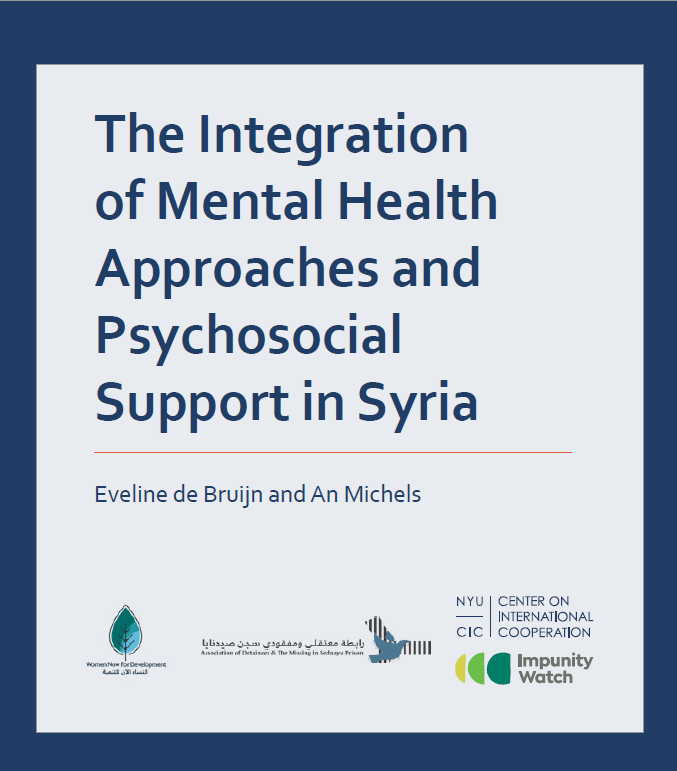This book is the first in a series of books entitled “Justice of the Place” that will cover the context of displacements that have occurred in the countryside of Damascus since 2011, recounting the words narrated by women who lived through displacement and their experiences both prior to and after leaving their homes. This book includes six personal narratives by displaced women from Zabadani, Madaya, and Darayya. Their names are Nisreen Al-Abdullah (Zabadani, Madaya), Fayrouz (Madaya), Al-Dimashqiya (Zabadani), Shuaa Alamal (Zabadani), Sumaya Al-Khawlani (Darayya), and Yasmine Sharbaji (Darayya).
Subsequent books in this series will include stories of displaced women from several other areas of the outskirts of Damascus: Douma, Harasta, Saqba, Irbin, Qaboun, Buwayda, Yalda, the camp of Yarmouk, Al-Hajar Al-Aswad, and Moadamiyeh Al-Sham.
This book aims to delve into the social and relational dimensions of the losses and violations that large groups of women and their families have been subjected to because of the criminal forced displacement practiced against them by the Syrian regime and its allies.
The work goes beyond the approach of focusing on the effects of a single crime, such as the crime of forced displacement, to show that many women and men have been exposed and subjected to more than one single or continued crime or violation throughout their lives, causing various types of harm to them and their families. The work also aims to show that the crime of forced displacement cannot be reduced to the effects of displacement and the forced exile to another place alone, but rather that it is a crime with multiple political dimensions on both the individual and collective level, a crime with dimensions and effects that cast a heavy shadow on the lives of its victims at every hour of every day. It is a crime that destroys the collective and individual memories of people and erases the history of the places they lived in and grew up in. It is a crime in which the perpetrators deprive their victims of the right of return, of property rights, including of homes, lands, and trees, and of their right to belong to a layered social fabric that resembles them and reflects the culture of its inhabitants, to a place in which they were destined to grow up, raise their children, grow old, and eventually be buried in.
The work also aims to remove the concept of abstraction, numbering, and grouping of victims. These women are not statistics, nor groups of individuals that can be systematically placed in categories. Each woman has her own story, experience, personality, dreams, reality, joys, hopes, and losses. The act of narration and remembrance is the guarantor of humanising numbers and documents, by bringing to life the personality of each woman and how she chose to live before suffering the losses of war and displacement. Reports and policies fail to mention such details, their writers rob us of the option to list them, considering it a waste of time and effort. Consequently, personal, collective, cultural, gender, and political factors that are important for achieving transformative and comprehensive justice and for finding solutions that suit their realities, requirements, and rights will always be absent from official platforms, on both local and international levels.
Follow us
Recent Posts
Position: Researcher Organization: Women Now for Development Deutschland e.V...


